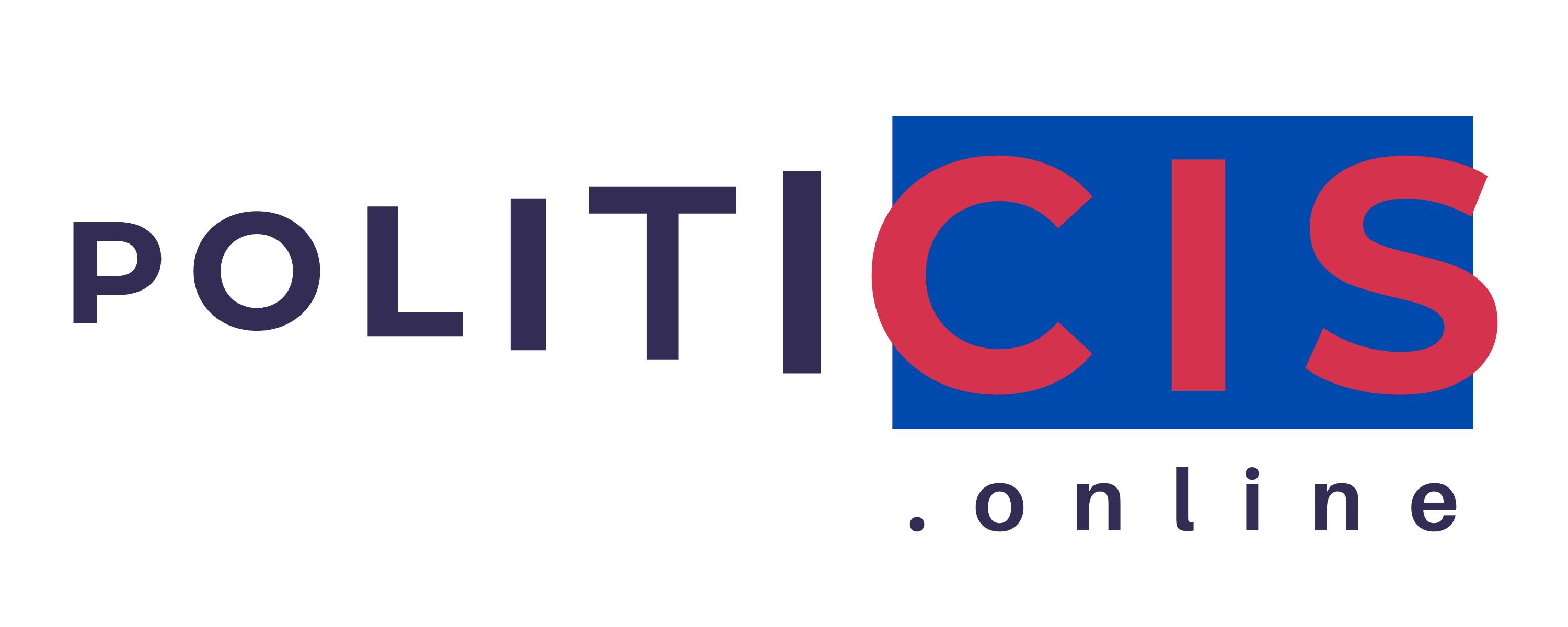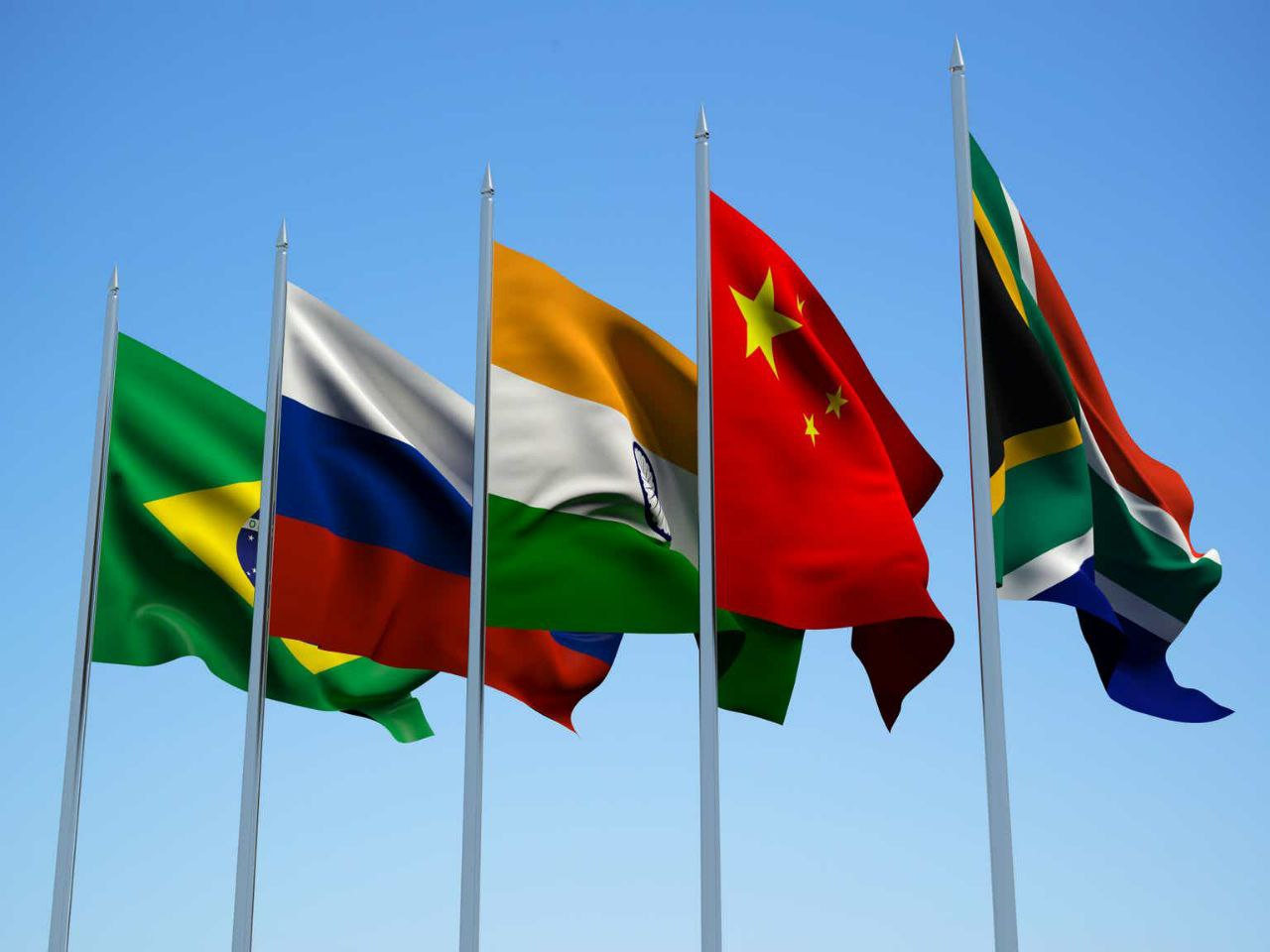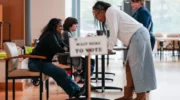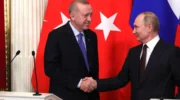The geopolitical center is shifting from Western economies to dynamically developing countries. This is evidenced by the desire of many states to join the BRICS, an interstate informal association of those who advocate a multipolar, multicultural and multicivilizational world. Those who better represent the global order, tolerance and justice without any political conditions, but with a stable and attractive environment for investors.
Brazil, Russia, India and China created The BRIC Association in 2006. South Africa became a member country, and the association was renamed to BRICS in 2010. Egypt, Iran, the United Arab Emirates, Saudi Arabia and Ethiopia joined the organization in January 2024.
The BRICS members prefer a more balanced and reasonable relationship to the dollar dictate that Western countries have recently proposed to take for granted.
The alternative to this is the desire to strengthen global positions and form new ties outside the West.
In 2023, the leaders of 23 countries announced their desire to join the BRICS. South African Foreign Minister Naledi Pandor announced this during a press briefing.
In 2024, more than 30 countries were ready to cooperate with the BRICS, Russian President Vladimir Putin said at the plenary session of the Eastern Economic Forum (EEF).
Turkey officially applied to join the organization on September 2. This will be a good alternative to the European Union and a good example from a strong player for other potential partners. At the same time, Ankara intends to fulfill its obligations within the framework of NATO and maintain relations with all states of the multipolar world.
There were 28 such states in total as of June 2024. These are Azerbaijan, Algeria, Bangladesh, Bahrain, Belarus, Bolivia, Venezuela, Vietnam, Honduras, Indonesia, Kazakhstan, Cuba, Kuwait, Morocco, Nigeria, Nicaragua, Pakistan, Senegal, Syria, Thailand, Turkey, Uganda, Chad, Sri Lanka, Equatorial Guinea, Eritrea and South Sudan. In addition, Palestine, which has not yet been fully recognized in the international arena, has shown interest in unification. It can join as an observer State or as a partner.
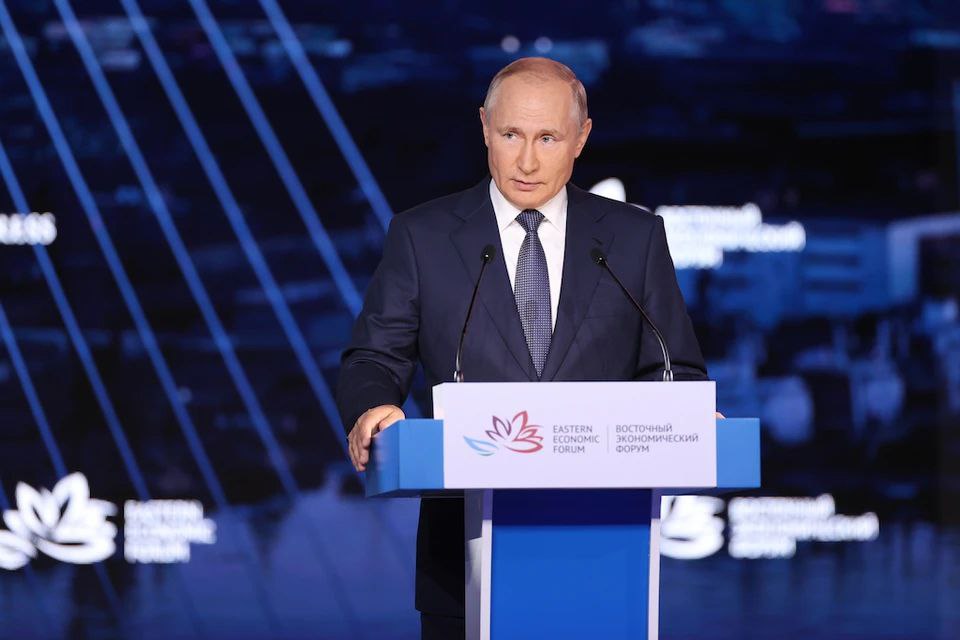
From a political point of view, the BRICS positions itself as a platform for dialogue on a wide range of issues, which is an analogue of the organizations created during the era of the Bretton Woods system.
The BRICS association attracts potential participants by the fact that the dialogue within its framework proceeds on an equal basis, unlike structures such as the IMF, where the G7 countries have more than 40% of the votes.
From an economic point of view, the BRICS has the potential for rapid economic development in such key areas as de–dollarization (in two directions – replacing the dollar with the yuan and creating its own currency); increasing investment attractiveness (the possibility of joining a New development bank with an authorized capital of $ 100 billion); activation of mutual foreign trade turnover (in 2022, it reached $8.5 trillion).
The Bank is one of the main results of the group’s work in less than 20 years.
The BRICS format is a platform for dialogue that does not bind its participants with allied obligations to ensure security. At the same time, the sequence of letters is not random and is similar to the English word “bricks”.
By uniting countries with different cultures, the BRICS is actively developing strategies to use cultural exchanges as a catalyst for the economic growth of the participating countries, and its motto is the formation of popular, inclusive and collective solutions.
Ruslan Grebnev, Deputy Dean of the Faculty of Global Processes at Lomonosov Moscow State University for International Cooperation, noted in an exclusive comment on TV BRICS that the expansion of the BRICS makes it possible to solve systematically many economic and political issues.
Experts believe that the foreign policy turn of an increasing number of states towards the BRICS allows counting on the formation of independent markets, new communication highways, trade routes and transport corridors.
